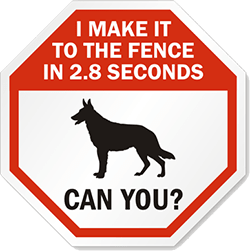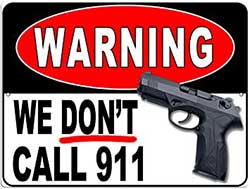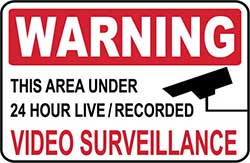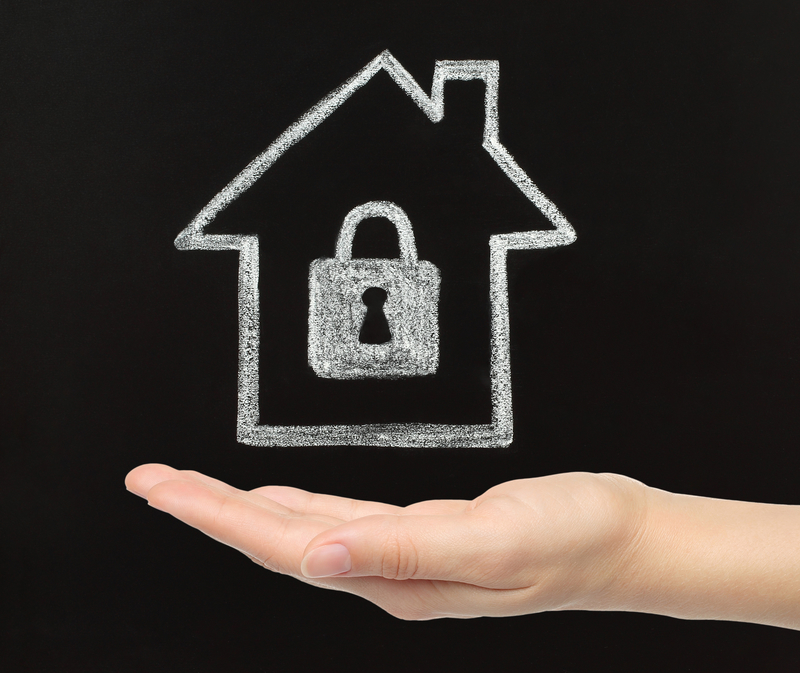Blog, self-defense
How to Create a Comprehensive Home-Defense Strategy
You invest the time and energy to learn self-defense so you’ll be safe, right?
But there are steps you can take to increase the safety of your home and belongings, too – even when you’re away.
There are many different ways that you can increase your physical security, but just using only one or two methods might not be enough.
No matter how many security measures you currently have in place, you should regularly evaluate your home and check to see if there are more effective things you can do.
Check out these methods to keep you and your family as safe as possible.
Protect Your Home While You’re Away
Alarm systems are standard for protecting your home, but there are more ways you can protect your home when you are away.
When you are not home, you should be making sure that nobody can see into your home.
Intruders like to scope things out through uncovered windows. They’ll look inside to see whether or not anybody’s home or what kind of obstacles might stand in their way. An alarm may not deter them because they know that police can take some time to arrive.
Also, be aware of the different points of entry to your home. You can put things in the way to make an intrusion less appealing.
For example, you can plant a thorn bush outside a window or put a light above a dark entryway. Both of these things are minor deterrents but may help protect your home.
Don’t overlook your main point of entry! It’s easy to forget to lock the door when you’re in a hurry or distracted.
How many times have you gone away and then stressed about it the whole time you’re out, worried that someone will slip into your home and take what they please?
Or worse yet, some people constantly worry that strangers will be in the house when they return.
This is where getting some automatic locks installed on entrances to your home and garage doors can be very effective and reassuring.
Deter Intruders
There are lots of things you can do to make your home look like a tough mark to a potential criminal.
You’d be surprised how effective some simple warning signs can be! Here are some examples:



Having a dog in your home can also scare away intruders. If you don’t have (or don’t want) a dog, just having a beware-of-dog sign might be sufficient.
Also, you can get “Electronic Watchdogs”. These are small electronic devices that emit the sound of angry barking dogs when someone enters the perimeter of your home.
It goes without saying that you should never leave anything valuable in sight in your yard. That doesn’t just beg for someone to come steal it. It’s also broadcasting to potential burglars or intruders that you may have more valuables inside the house. Make sure your lawn equipment, your kids’ bikes, your ATV’s, and all those other things you leave sitting outside are hidden from view.
Don’t leave your spare keys sitting out or hang them near windows and doors. Don’t put them in easy-to-guess places, either. You might consider investing a few dollars into a spare key lockbox to make sure those keys stay secure.
Check your landscaping, as well. Trim any overgrown bushes that would make it easy for intruders to hide behind. Cut down tree limbs that would give someone access to the second story of your house.
Train Everyone in The Household How to React to An Emergency
If you happen to have a panic room, your family needs to know exactly how to access it, how to lock it, and when to lock it. Practice this so there will be no hesitation or confusion when an emergency occurs.
If you don’t have a panic room, then practice ways to exit the home. Discuss possible hiding places, and rehearse what should be done in certain emergencies.
Make sure each family member knows if there are weapons in the house, such as firearms, and are instructed on how to use them. If there are children too small to use the weapons, make sure they learn how to access them and remove them from an intruder potentially finding them.
Include seemingly small details like calling the police and muting cell phones so that the call doesn’t give your position away.
Even though these things seem obvious now, in an emergency situation your mind can get flustered. Rehearsal helps everyone remember to do these things and makes it automatic.
Practice Self-Defense
Practicing martial arts and self-defense is paramount if you hope to have a solid home-defense strategy.
Not all situations can be anticipated or prepared for, not even with the tools mentioned above, so it is important to be able to defend your life with skill and ferocity.
If someone with bad intentions breaks into your home at 4 a.m. while you’re sleeping, what would you do?
Plan for the worst-case scenario.
Practice techniques that will disable your attacker and allow you to escape.
These techniques will help ensure intruders stay away and help you defend yourself and your family. Be sure to check your home regularly to make sure that your family is as safe as possible and review your plans at least once a year (preferably more).
Using multiple safety methods only enhances your physical security, so don’t make the mistake of assuming that having a home alarm is enough.


